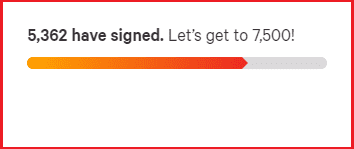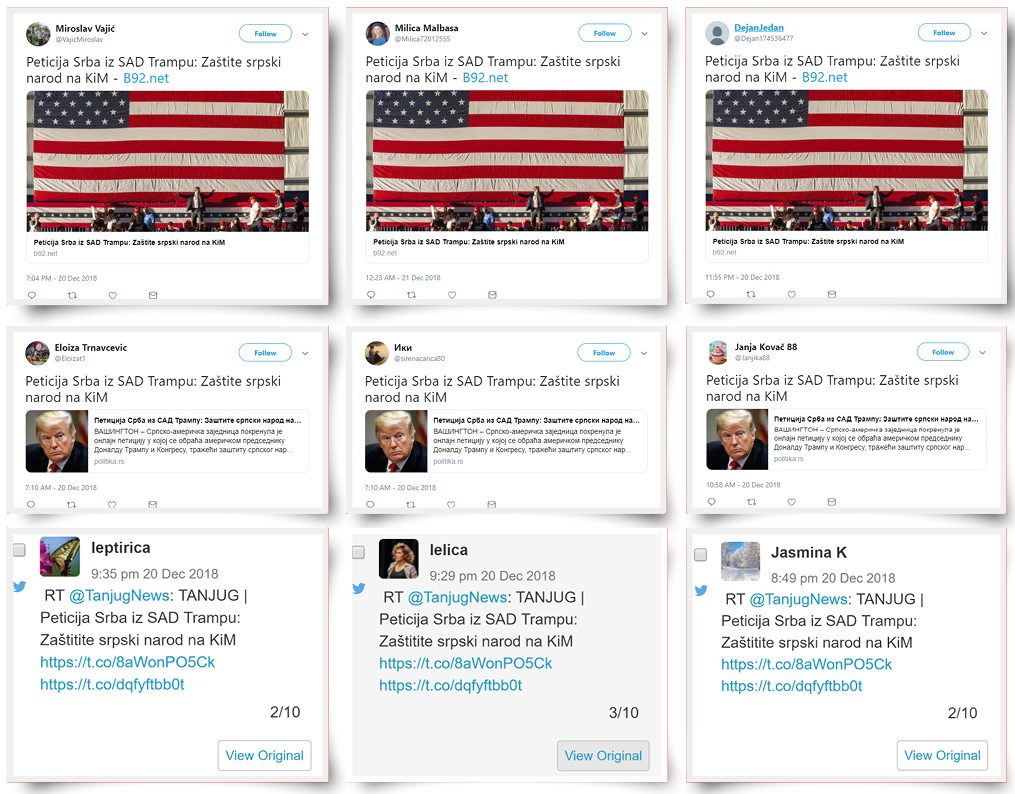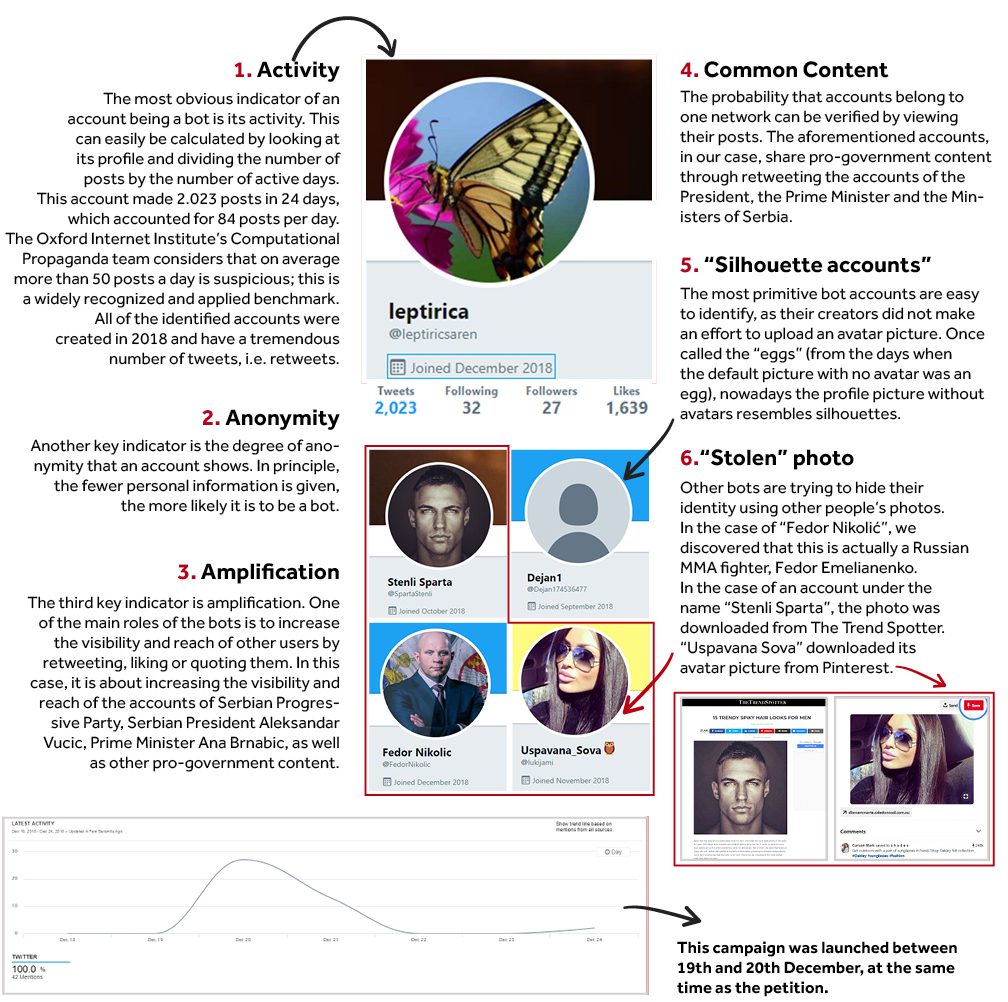The Government of Kosovo passed the decision on forming the Army of Kosovo, after the Parliament of Kosovo unanimously voted the Law on Kosovo Security Force.
106 MPs out of 120 seated Parliament of Kosovo, voted for passing on the Law, with total 45 amendments. The session was boycotted by the minority Serb MPs.
Belgrade sees the creation of the Kosovo Army as breaching the International documents, and referring to the Resolution 1244 UN, it emphasizes that the international peacekeeping forces at Kosovo (KFOR) must prevent and disarm all Albanian troops. President of Serbia, Aleksandar Vucic, stated that he was “very concerned following the current situation in Kosovo”, saying that “the only big problem is in what partly the Albanians and partly the rest of the world” impose in Kosovo.”
Official Belgrade and its close ally Russia are very furious about that decision.
As a reaction to the adoption of the decision on creating the Army of Kosovo, the Serbian-US community launched an online petition on December 19th, addressing the President of the USA Donald Trump and Congress, asking for protection of the Serbian people in Kosovo and Metohija.
The petition entitled “Stop the Persecution of Serbian Christians in Kosovo and Metohija” calls for Trump and Congress members to stop supporting Albanian administration led by Hashim Thaci and creation of the Army, under their control in Serbian province Kosovo and Metohija. The petition was signed by more than 5.000 people.
Several national portals, such as in4s.net and slobodacg.me posted articles on the mentioned petition, with the following headline: A Million American Serbs Require from Trump: Do not Support Thaci – the criminal.



It could be concluded, from the headlines of these portals, that million Serbs have already signed the petition. However, that is not the case. According to the current situation, more than 5.000 have signed the petition.

The authors of the text have drawn from the context a small part of the accompanying text of the petition, stating that in the US, there are over a million American Serbs, and used it to make not only a click bate headline, but also disinform the audience, since nowhere in the text “A million Serbs” is not mentioned in the context of what is written in the headline of the article.
Unlike in4s.net and slobodacg.me, other portals that wrote about petition (politika.co.rs, novosti.rs, time.rs, b92.net, nezavisne.net) tended to present the real situation, having headlines like “The Petition of the US Serbs addressing Trump”.
How the SPP Bots “pushed” the Petition of the US Serbs
Recently, news from a session of the Executive Board of the Serbian Progressive Party (SNS), where a party official in charge of the Internet team submitted an annual report, leaked in public. The Internet team consists of, of course, bots – party soldiers in charge of posting comments on portals and social networks. According to the report, the SPP has 3.456 bots, that per one year have posted about 10 million comments on 201.717 published news.
Why does this concern us? By analyzing the petition itself and the ways in which it is being expanded and promoted on social networks, we found out that SPP bots are in charge of promoting and disseminating this content on Twitter, while the report from the session confirms that the bots of this party are indeed operational.

The Twitter bot is a simple account managed both by the software and the human hand. Accordingly, such accounts can behave as robots and as human users at different times.
All 17 accounts that we investigated have some of the main features of Internet bots, and using the DFR Lab methodology, we have revealed what these accounts make bots.
In each case, it is important to note that we cannot rely on, or call for only one behavior identification factor, that is bot-like. A combination of factors is important. The three most important are: activity, anonymity and amplification.

Over the last few years, bots have become an inevitable part of online life. Last year only, researchers estimated that only Twitter was home for about 30 million of bots, but there are also other platforms, such as Facebook and Instagram.[2]
Some appear to be designed to deliberately encourage or support certain political candidates and ideas, while others have commercial purposes.
Although this campaign has not significantly contributed to the success of the petition in terms of additional signatures, what is crucial is that people raise awareness of the very existence of the bots, used to influence them and create specific (political) attitudes. It is less likely that users who themselves can identify the bots will be the victim of their manipulation in the future.
[1] https://www.reuters.com/article/us-kosovo-army/kosovo-approves-new-army-despite-serb-opposition-nato-criticism-idUSKBN1OD16S
[2] https://mashable.com/2018/02/20/how-to-spot-a-bot/

